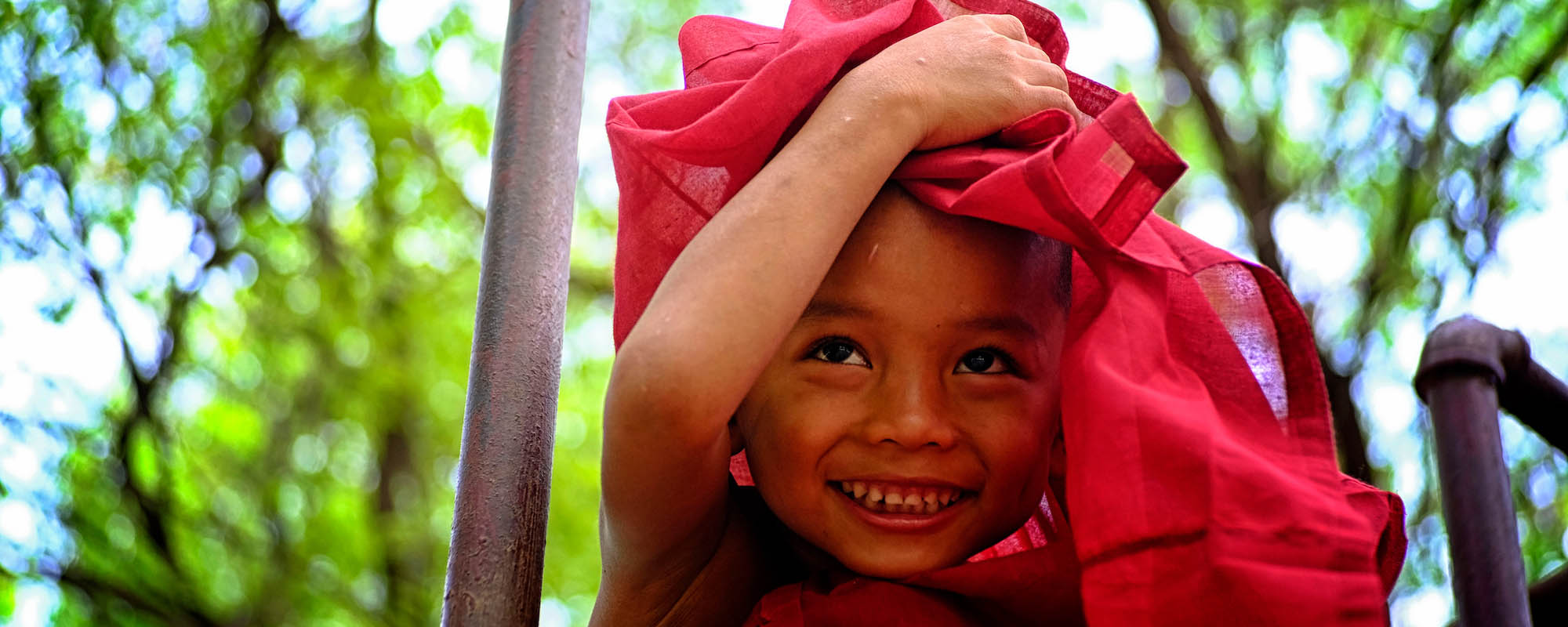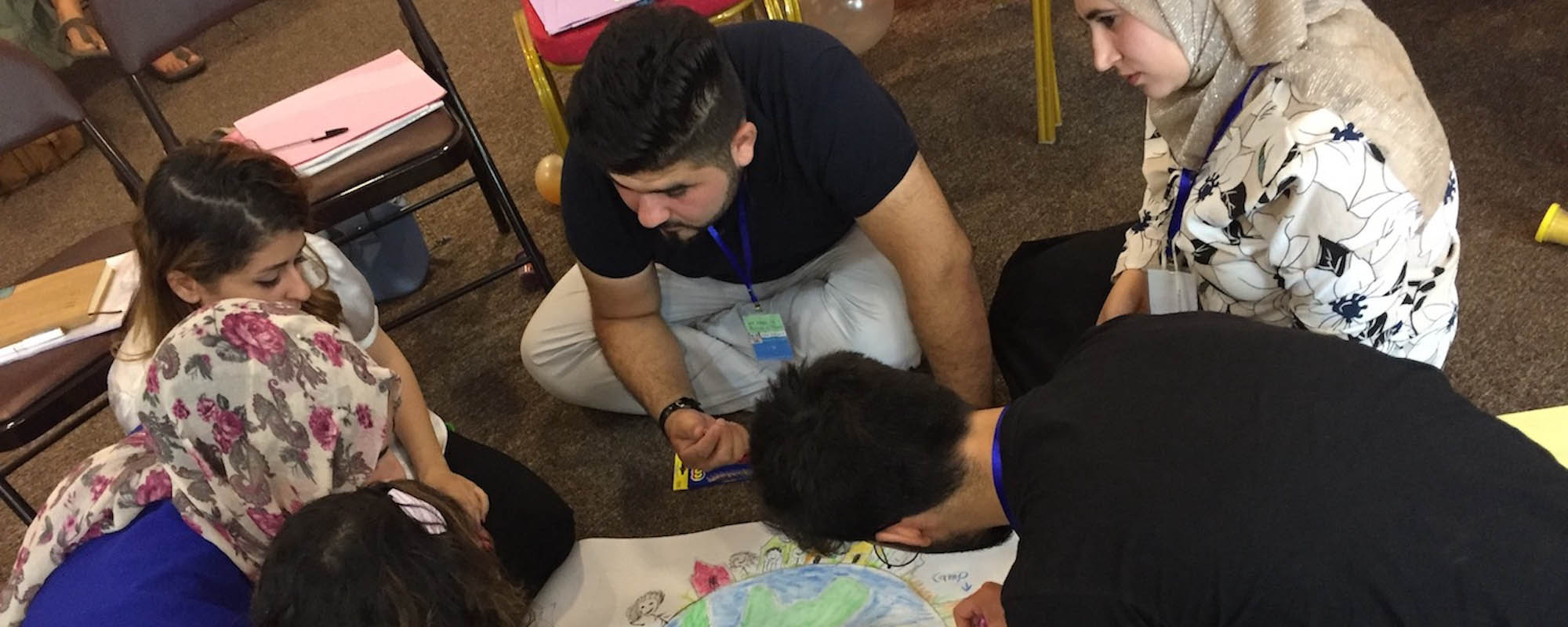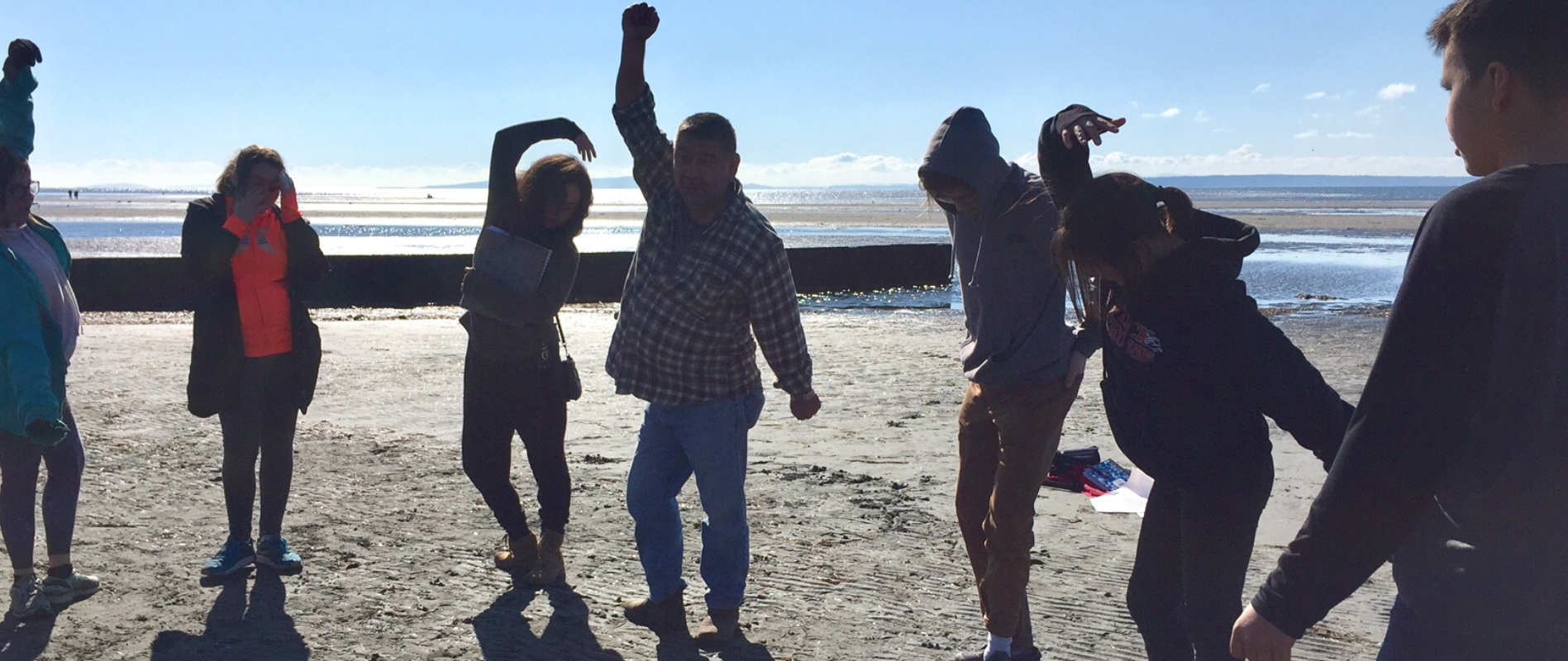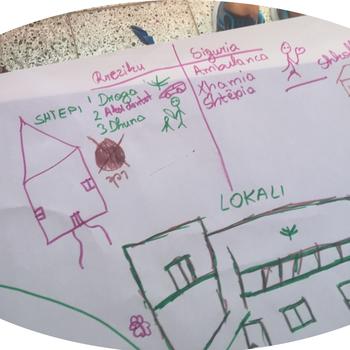
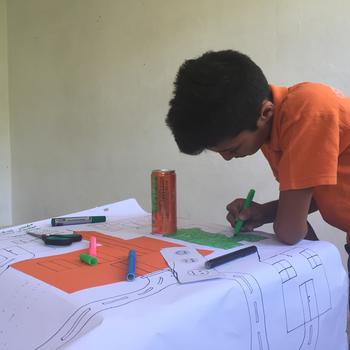
IICRD is working with World Vision Middle East and Eastern Europe Region (MEER) to better understand the impact of the Home Visiting program and sponsorship on the well being of the most vulnerable children (MVC) in 3 MEER countries: Albania, Georgia and Armenia.
Using a quasi-experimental design comparing an intervention with a control group, the research combines Quantitative and Qualitative data gathering tools that seek to understand the following research questions and hypotheses:
Primary Research Questions:
- Will sponsorship integrated with Home Visiting processes increases the effectiveness of building the social supports to most vulnerable households?
- Will Home Visiting Model increases the ownership of local partners engaged with sponsorship towards strengthening social support network around the most vulnerable households?
- Will local governments, considering WV’s sponsorship monitoring processes, review and strengthen the community CP mechanism?
Hypotheses:
1. If sponsorship is integrated with Home Visiting processes then this will increase the effectiveness of building the social supports to most vulnerable households
2. If Home Visiting model is used it will increase the ownership of local partners engaged with sponsorship towards strengthening social support network around the most vulnerable households
3. If local governments consider WV’s sponsorship processes, they will be better prepared and enabled to review and strengthen the community CP mechanism.
The program intervention is grounded in the concept that families are the first protectors of a child, and as such a special attention is needed to ensure quality support is available for the vulnerable households to perform their roles. Therefore, specific focus for this concept will be the application of Home Visiting methodology combined with Sponsorship Monitoring, which engages with individual families conducting targeted work at the household level to empower vulnerable families to improve the care and protection that children need to thrive in extremely difficult or risky circumstances. It provides a platform for community volunteers (serving as home visitors) to develop supportive relationships with most vulnerable children and their families through capacity building and advocacy promoting improved social protection and positive parenting.
Social Norms

